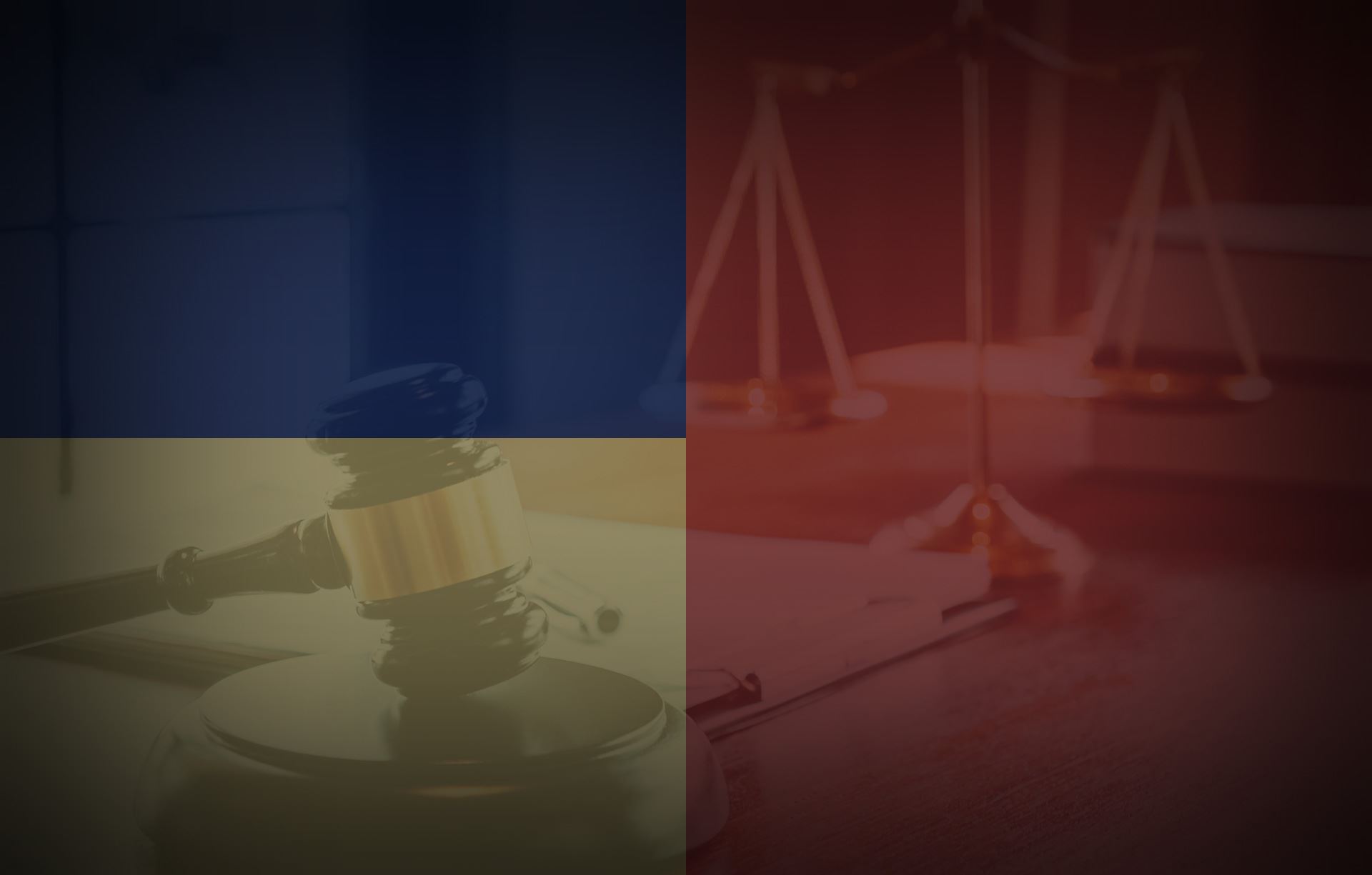
UNDERSTANDING Criminal Justice: Things you should know.
Everyone should have a basic understanding and an abiding concern regarding the operation and functioning of our criminal justice system. All of our precious liberties and freedoms depend in large measure on the responsible, impartial, and consistent application of our criminal laws. "Equal justice under law" requires our ongoing commitment to fairness, impartiality, due process, and the intelligent pursuit of truth and justice. Fundamentally, it is the responsibility of each person to be aware of what occurs in the criminal justice system at all levels of government; and for each person to take an active role when called upon to participate as a witness or juror. Without responsible citizen participation, the chance of injustice is greater. The criminal justice process is complex and subject to many rules, laws, regulations, and procedures. This brief overview provides some general information* about the criminal justice process, with an emphasis on criminal justice in the Commonwealth of Virginia, United States of America.
Criminal Law
We live in a country of rules and laws that govern our conduct and behavior. Our criminal and traffic laws require or forbid certain actions or behavior. The consequence of violating a criminal law is punishment, including a loss of freedom and liberties. There are thousands of local, state, and federal criminal laws. A felony is a criminal law that provides for incarceration greater than one year and the payment of fines. Capital felonies can result in execution. In Virginia, felonies are classified by the amount of possible punishment. A misdemeanor is a criminal law that provides for possible incarceration of up to one year and the payment of fines. In Virginia, there are four classes of misdemeanors with varying degrees of punishment. A traffic infraction is a violation of law punishable by fine, loss of driver's license, or in some cases by incarceration. The following is searchable data base of many Virginia Criminal Laws and laws pertaining to Virginia Criminal Procedure.
Overview
The typical steps in criminal cases include the pre-arrest investigation by the police; the issuance of a summons, warrant or indictment; the formal arrest and booking process; the appearance before a magistrate and the setting of a bond; the initial appearance before a district judge and determining if the defendant will have an attorney; a preliminary hearing in felony cases when an arrest is by a warrant; review of indictments by a grand jury in felony cases; the scheduling of the trial; pretrial motions; arraignment and plea; the trial; a sentencing hearing if found guilty; and thereafter the appeal process.
Some Basic Rights
The following are a brief summary of some important constitutional protections afforded to all defendants.
RIGHT TO TRIAL BY JURY - A defendant generally has a right to a trial by a jury of their peers. In felony cases, twelve (12) persons from a panel of twenty comprise a jury. In a misdemeanor case, seven (7) persons from a panel of thirteen makeup a jury. Sometimes, for anticipated long or complex trials, additional alternate jurors are selected in case jurors are excused during the trial. Jury trials are held in Circuit Courts. In felony cases, the defendant must consent to waive their right to jury trial. The judge or the prosecution also may elect to have a jury trial. The jury's decision must be unanimous. Each juror must find a defendant either guilty or not guilty. If the jury is unable to decide, a defendant may be retried. The jury determines punishment at a separate hearing. The court imposes punishment. A defendant has no right to a jury trial if they plead guilty. SEE JURY SERVICE ANSWER BOOK
RIGHT TO BE PRESENT THROUGH THE TRIAL - A defendant has a right to be present during all stages of their trial. "During the trial" means that something is done which affects their defendant's legal rights or interest.
RIGHT TO PUBLIC TRIAL - A defendant has a right to a public trial in an "open courtroom." The trial is open to the free observation of all including the news media. A defendant may waive their right to a public trial in certain limited circumstances. This usually involves cases in the Juvenile and Domestic Relations Court.
RIGHT TO A SPEEDY TRIAL - A defendant has a right to a speedy trial. This right may explicitly or implicitly waived. Objections to speedy trial violations must be timely made or may be deemed waived.
RIGHT TO KNOW CHARGES - A defendant has the right to know the specific nature of the charges, and to know with reasonable certainty and definiteness the conduct prohibited or commanded. A defendant should discuss with their attorney the nature of their charges, the elements of each offense, the minimum and maximum punishments, what the government must prove, and all possible defenses.
RIGHT NOT TO BE PUT IN DOUBLE JEOPARDY - A defendant has the right not to be put in double jeopardy for the same offense. This includes in part a protection against prosecution for the same offense after acquittal, a second prosecution for the same offense after conviction, and against multiple punishments for the same offense. However, this does not prevent two or more prosecutions by different sovereign authorities such as the United States and a state, or between multiple state jurisdictions.
RIGHT TO CALL WITNESSES AND PRESENT EVIDENCE - A defendant has the right to call witnesses and to present evidence in their own behalf. All witnesses are subject to questioning (cross-examination). The judge or jury decides whether to believe a witness. The judge or jury can accept or reject the testimony of any witness, completely or in part, when considered with other evidence. A defendant has the right to compel the attendance of witnesses to court by a subpoena.
RIGHT TO CONFRONT THEIR ACCUSERS - A defendant has the right to confront and cross-examine in court through their attorney all witnesses testifying against them. A defendant has the right to hear the evidence against them and to challenge or examine of all evidence and witness testimony.
RIGHT NOT TO INCRIMINATE THEMSELVES - A defendant has the right not to give evidence against them. A defendant has the right not to give statements to the police or to testify in their case. The prosecuting attorney cannot comment on a defendant's failure to testify. A decision not to testify creates no presumption against a defendant. Nevertheless, a defendant's decision may have significant practical consequences in the minds of the trier of fact.
RIGHT TO TESTIFY - A defendant has a right to testify but is not required to testify. A defendant may not selectively testify just to favorable information. If a defendant testifies, then he or she waives their privilege of not giving evidence against themselves. A defendant is subject to all the rules of cross-examination like any other witness.
Click Here to Read More

Hear From Our Clients
At Larry King Law, your satisfaction is our priority! See for yourself what our clients have to say about working with us.
-
"Knowledgeable, Experienced and Committed Trial Lawyers"
The process of choosing the right criminal defense lawyer(s) can be daunting, scary, and frustrating. Choosing wrong can not ...
- Delmas Linhart -
"They Fight For Their Clients!"
Mr. King, his associates and paralegals helped me through a very difficult time in my life. I was in a car accident with my 2 ...
- Rachael -
"Great experience!!"
I was confused and embarrassed to admit I needed help but, this was a painless ordeal and I was treated with respect and unde ...
- Stacy kahler -
"Consummate Professional"
As a police supervisor, I have known Larry King professionally for over 30 years. During that time I have always found him to ...
- Lieutenant J. W. Boswell, NNPD, Retired
-
 The Power of ExperienceCharged with a crime? Put the right attorney in your corner. We fight for the accused.
The Power of ExperienceCharged with a crime? Put the right attorney in your corner. We fight for the accused. -
 The Right LawyerWe know how to defend our clients against criminal accusations. Let us help today!
The Right LawyerWe know how to defend our clients against criminal accusations. Let us help today! -
 Get Help TodayGet a smart, skilled fighter on your side. Free consultations are available.
Get Help TodayGet a smart, skilled fighter on your side. Free consultations are available.



















